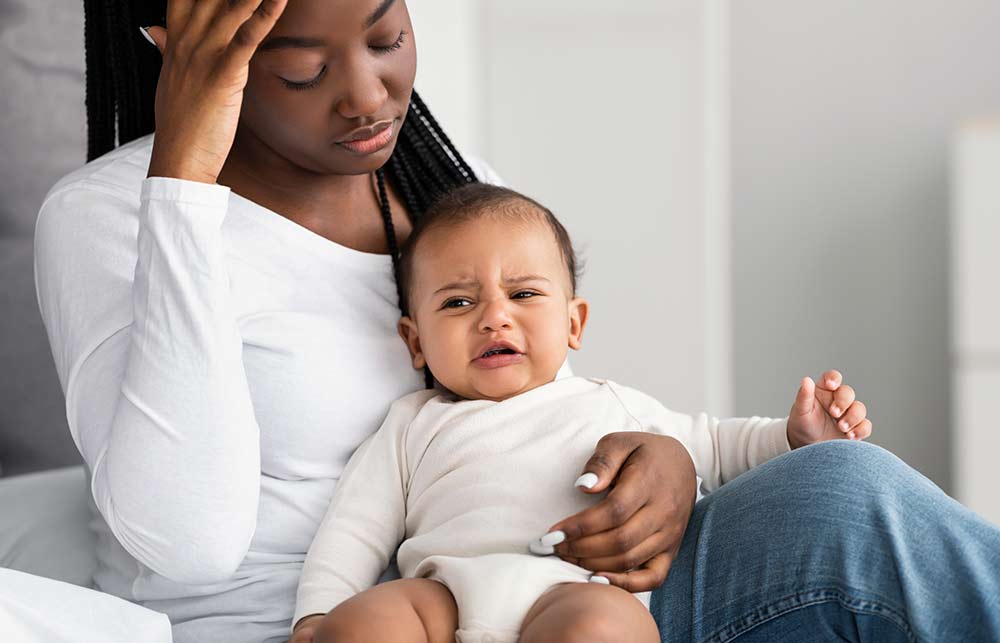Children’s mental health is deeply influenced by family dynamics, shaping their emotional well-being. From family engagement to parental partnerships, these factors play a critical role in their development. Explore the impact on mental health and strategies for support.
Children are often considered resilient and adaptable, able to navigate difficult situations easily. However, the impact on children’s emotional development can be long-lasting and complex, especially regarding the breakdown of parental partnerships.
Today, it is not uncommon for children to experience multiple parental partnerships throughout their childhood. Whether it be through divorce, separation, or the formation of blended families, children may find themselves navigating through the challenges of having multiple parental figures in their lives.
The article below will examine the long-term effects of multiple parental partnerships on children’s emotional development and the importance of parental support in mitigating any negative impacts.
The Impact of Family Engagement on Children’s Mental Health
The Link Between Parental Partnerships and Mental Health
Research has shown that the quality of family relationships and parental support has a significant impact on children’s mental health. Children who experience stable and supportive parental partnerships. In contrast, those who experience conflict and instability might be more vulnerable to mental health problems.
Multiple parental partnerships can create a sense of instability and uncertainty for children, which concerns. This is especially true if the transitions between parental figures are frequent and disruptive.
The Role of Parental Support in Mitigating Negative Impacts
While multiple parental partnerships can hurt children’s mental health, the presence of strong parental support can help mitigate these effects. Parental support refers to the emotional, physical, and financial support parents provide to their children.
When children feel supported and loved by their parents, they are better equipped to handle the challenges of multiple parental partnerships. This support can come from open communication, consistency, and stability in the child’s life.
The Long-Term Effects of Multiple Parental Partnerships on Children’s Emotional Development
Increased Risk of Depression and Anxiety
Children who experience multiple parental partnerships may be more susceptible to anxiety and despair. This is due to the stress and uncertainty of navigating different family dynamics and relationships.
Children may also feel a sense of guilt or responsibility for the breakdown of their parents’ partnerships, which can contribute to feelings of anxiety and depression. This is especially true if the transitions between parental figures are frequent and disruptive.
Impact on Social Relationships
Multiple parental partnerships can also have an impact on children’s social relationships. Children may struggle to form and maintain relationships with peers, as they may feel insecure or uncertain about their family dynamics.
They may be more susceptible to anxiety and despair, as they may have experienced the loss of a parental figure in the past. This can make it difficult for children to form healthy and secure relationships with others.
Increased Risk of Mental Trauma
Children who experience multiple parental partnerships may also be at increased risk for mental trauma. This can occur if the transitions between parental figures are sudden and disruptive or there is a lack of parental support during these transitions.
Mental trauma can have long-lasting effects on a child’s emotional development, leading to issues such as low self-esteem, difficulty regulating emotions, and even suicidal thoughts.
The Importance of Suicide Prevention in Children of Multiple Parental Partnerships
Understanding the Link Between Multiple Parental Partnerships and Suicide
Research has shown that children who experience multiple parental partnerships may be at an increased risk for suicidal thoughts and behaviors. This is due to the stress and uncertainty of navigating different family dynamics and relationships.
Children may also feel a sense of guilt or responsibility for the breakdown of their parents’ partnerships, which can contribute to feelings of hopelessness and suicidal thoughts.
The Role of Parental Support in Suicide Prevention
Parental support plays a crucial role in suicide prevention for children from multiple parental partnerships. When children feel supported and loved by their parents, they are better equipped to navigate different family dynamics.
Parents can also play a role in identifying warning signs of suicidal thoughts and behaviors in their children and seeking appropriate help and support.
Real-Life Examples of the Impact of Multiple Parental Partnerships on Children’s Emotional Development
The Affect of Divorce on Children’s Mental Health
Divorce is one of the most common forms of multiple parental partnerships that children experience. Research has shown that children of divorced parents are possibly more susceptible to mental health problems, including anxiety and despair.
However, the impact of divorce on children’s emotional development can vary depending on the level of parental support and the quality of the relationship between the child and their parents.
The Importance of Parental Support in Blended Families
The family may be blended when one or both parents have children from a prior relationship. It also significantly impacts children’s emotional development. Children may struggle with feelings of jealousy, insecurity, and confusion as they navigate through the dynamics of their new family.
However, research has shown that strong parental support can help mitigate negative impacts on children’s emotional development. This support can come from open communication, consistency, and stability in the child’s life.
Conclusion
The breakdown of parental partnerships can significantly impact children’s emotional development, especially when multiple parental figures are involved. Children may experience feelings of anxiety, depression, and even suicidal thoughts as they navigate through different family dynamics.
However, the presence of strong parental support can help mitigate these negative impacts and promote positive mental health outcomes for children. Parents must prioritize their children’s emotional well-being and seek appropriate support and resources.
By understanding the long-term effects of multiple parental partnerships on children’s emotional development, we can work towards creating a more supportive and stable environment for children to thrive in.



Leave a Reply to Cher Cancel reply